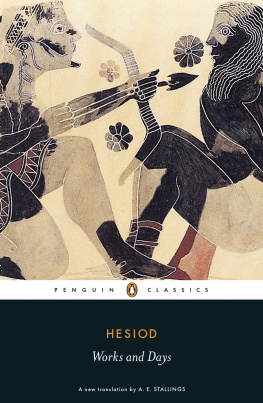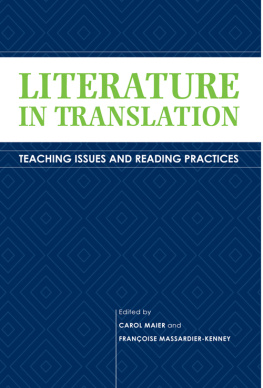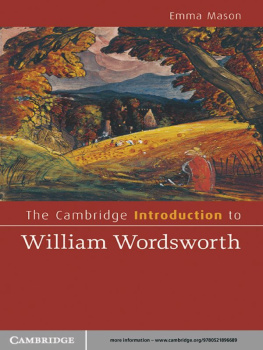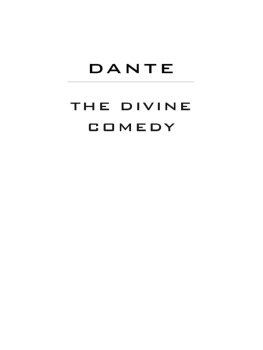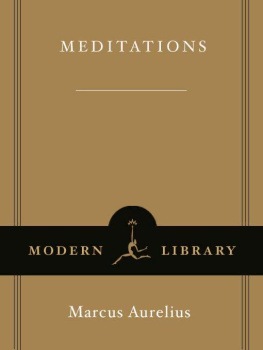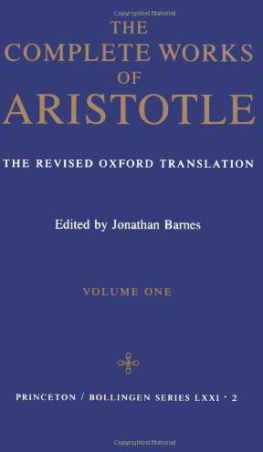Hesiod - Works and Days
Here you can read online Hesiod - Works and Days full text of the book (entire story) in english for free. Download pdf and epub, get meaning, cover and reviews about this ebook. City: London, year: 2017;2018, publisher: Penguin Books Ltd, genre: Non-fiction. Description of the work, (preface) as well as reviews are available. Best literature library LitArk.com created for fans of good reading and offers a wide selection of genres:
Romance novel
Science fiction
Adventure
Detective
Science
History
Home and family
Prose
Art
Politics
Computer
Non-fiction
Religion
Business
Children
Humor
Choose a favorite category and find really read worthwhile books. Enjoy immersion in the world of imagination, feel the emotions of the characters or learn something new for yourself, make an fascinating discovery.
- Book:Works and Days
- Author:
- Publisher:Penguin Books Ltd
- Genre:
- Year:2017;2018
- City:London
- Rating:3 / 5
- Favourites:Add to favourites
- Your mark:
- 60
- 1
- 2
- 3
- 4
- 5
Works and Days: summary, description and annotation
We offer to read an annotation, description, summary or preface (depends on what the author of the book "Works and Days" wrote himself). If you haven't found the necessary information about the book — write in the comments, we will try to find it.
Works and Days — read online for free the complete book (whole text) full work
Below is the text of the book, divided by pages. System saving the place of the last page read, allows you to conveniently read the book "Works and Days" online for free, without having to search again every time where you left off. Put a bookmark, and you can go to the page where you finished reading at any time.
Font size:
Interval:
Bookmark:
 CLASSICS
CLASSICSHESIOD probably lived and composed in the late eighth century BCE in the hamlet of Askra in Boeotia, mainland Greece. Alongside the works of Homer, his poems mark the beginning of Western literature. The first Western poet to give his own biography, Hesiod describes himself as a farmer, son of an Asia Minor sea merchant, and winner of the Amphidamas funeral games tripod in poetry.
A. E. STALLINGS is an American poet and translator who lives in Greece. She has published three books of poetry, Archaic Smile (1999), Hapax (2006) and Olives (2012); another, Like, is forthcoming. She has received fellowships from the Guggenheim and MacArthur Foundations. Her verse translation of Lucretius The Nature of Things (2007) is published in Penguin Classics.
A. E. STALLINGS

UK | USA | Canada | Ireland | Australia
India | New Zealand | South Africa
Penguin Books is part of the Penguin Random House group of companies whose addresses can be found at global.penguinrandomhouse.com

This edition first published in Penguin Classics 2018
Translation and editorial material A. E. Stallings, 2018
All rights reserved
The moral rights of the editor and translator have been asserted
Cover: detail of Prometheus tortured by the eagle by the Nettos Painter, 610 B.C. in the National Archaeological Museum Athens (Photograph DeAgostini Picture Library/Scala, Florence)
ISBN: 978-0-141-97066-0
From where we stand, the poems of Hesiod, alongside the Homeric epics, the Iliad and the Odyssey, emerge at the rosy dawn of Western literature, yet also at the sunset of a purely oral tradition we can only glimpse in reflective glow. Who Homer was he, she, or they no one will ever know, and conjecture scarcely alters how we read and are affected by those masterpieces. But Hesiod presents himself in his poems as an individual personality, as a self-proclaimed poet. The personality is intrinsic to the poems, particularly to Works and Days, the occasion for which was, at least if we take Hesiods word for it, a dispute between the author and his brother over the division of a paternal inheritance.
Around this nugget of irritation, Hesiod fashions a variegated and discursive poem about justice and mans place in the world, addressing these themes through an assortment of strategies: myth, allegory, personal asides, philosophy, theology, Old-Testament-prophet-style rants on the worlds going to hell in a hand-basket, lyrical descriptions of the natural world, astronomy, homespun proverbs, phenology (the science of watching nature for first signs of the changing seasons), an almanac of the farmers yearly round of tasks, and a calendar of lucky and unlucky days. Possibly the poem continued past where it ends now, to include a section on the reading of bird omens. Didactic epics in the centuries to follow (Virgils Georgics, for instance) nod to Hesiod as the genres pioneer, but there is nothing else in the canon quite like Works and Days, with its quirky mix of the cosmic, the earthy and the personal. For the ancients, the adjective for Homers high epic style was sublime, while the word for Hesiods sure command of the middle style was sweetness.
Homer may be as old or older than Hesiod (the question is itself ancient), but can hardly be described as a personality or having an individual voice the essence of epic sublimity is to eschew one and the biographies that attach to the name are various and conflicting. Hesiod, the first self-styled poet in Western literature, the first to tell us his own name and provide us with his own bio, is also the first to advertise himself as a prize-winning poet: winner of a tripod (a three-legged cauldron) at the poetry competition at a funeral games on the island of Euboea. In fact Hesiod presents himself in the earlier Theogony as having received his laurels (a bay staff rather than a wreath) directly from the Muses while pasturing his flock on the slopes of Mount Helikon: thus a poet laureate. Poetry has changed a lot in the intervening millennia. Poets, not so much.
Hesiod probably composed the Theogony and Works and Days sometime in the last third of the eighth century or at the cusp of the seventh (700 BCE); other poems apocryphally ascribed to him, such as The Catalogue of Women, a continuation of the Theogony of which we only have fragments, and The Shield of Hercules, are probably
Hesiod was born in mainland Greece, if we take his single sea-journey claim at face value. By his own account, he seems to be a farmer from a village, Askra, in the mainland Greek region of Boeotia. He has a brother, Perses, who is probably younger. There is the suggestion of a fine family pedigree somewhere in the distant past. His father was a merchant sailor from Aeolian Kyme in Asia Minor who, unable to make a decent enough living at it, sailed across the Aegean to mainland Greece, settling in Askra at the foot of Mount Helikon. Presumably it is the fathers death that has set in motion the brothers dispute.
The name Hesiod doesnt appear in Works and Days. Rather Hesiod mentions himself by name only in an earlier poem, the Theogony (Th. 22), but Hesiod of Askra is traditionally considered the author of both poems. Works and Days mentions a previous poem (a hymn) by the poet; there is a strong argument to be made that this is in fact the Theogony.
Ancient commenters disagree about the meaning of Hesiod, but one suggestion is that it is Aeolic for he who travels an auspicious road, a hopeful name for a child of migrs. In the Theogony, Hesiod, with his penchant for etymology as destiny, himself suggests that his name means song-slinger. Perses, the name of his brother, on the other hand, would seem to mean destroyer or maybe wastrel.
It is usual to think of Hesiod as a misogynist. Ive come to think of him more as a misanthrope: he isnt any kinder to men to my mind. His stance towards women in Works and Days seems softened from his attitude in the Theogony. In the earlier poem, they are mere mouths to feed and contribute nothing, and are compared to drones eating up the honey of the diligent bees. In Works and Days (305), Hesiod uses the same simile instead for work-shy men. In the Theogony Pandora, referred to only as a modest maiden, the mother of the deadly tribe of women, is given to mankind as a punishment. In Works and Days, Pandora, the All-endowed, is still given as revenge, a bane to all bread-earning men. But she isnt un-useful Athena teaches her to weave beautiful cloth, for instance. And she is just part of the punitive package, which also includes work itself, a curse from which Hesiod fashions a mixed blessing, a virtue from a necessity. The womb-like jar pours forth evils, but contains Hope. Its no coincidence that Pandora herself is a vessel made of clay.
Font size:
Interval:
Bookmark:
Similar books «Works and Days»
Look at similar books to Works and Days. We have selected literature similar in name and meaning in the hope of providing readers with more options to find new, interesting, not yet read works.
Discussion, reviews of the book Works and Days and just readers' own opinions. Leave your comments, write what you think about the work, its meaning or the main characters. Specify what exactly you liked and what you didn't like, and why you think so.

